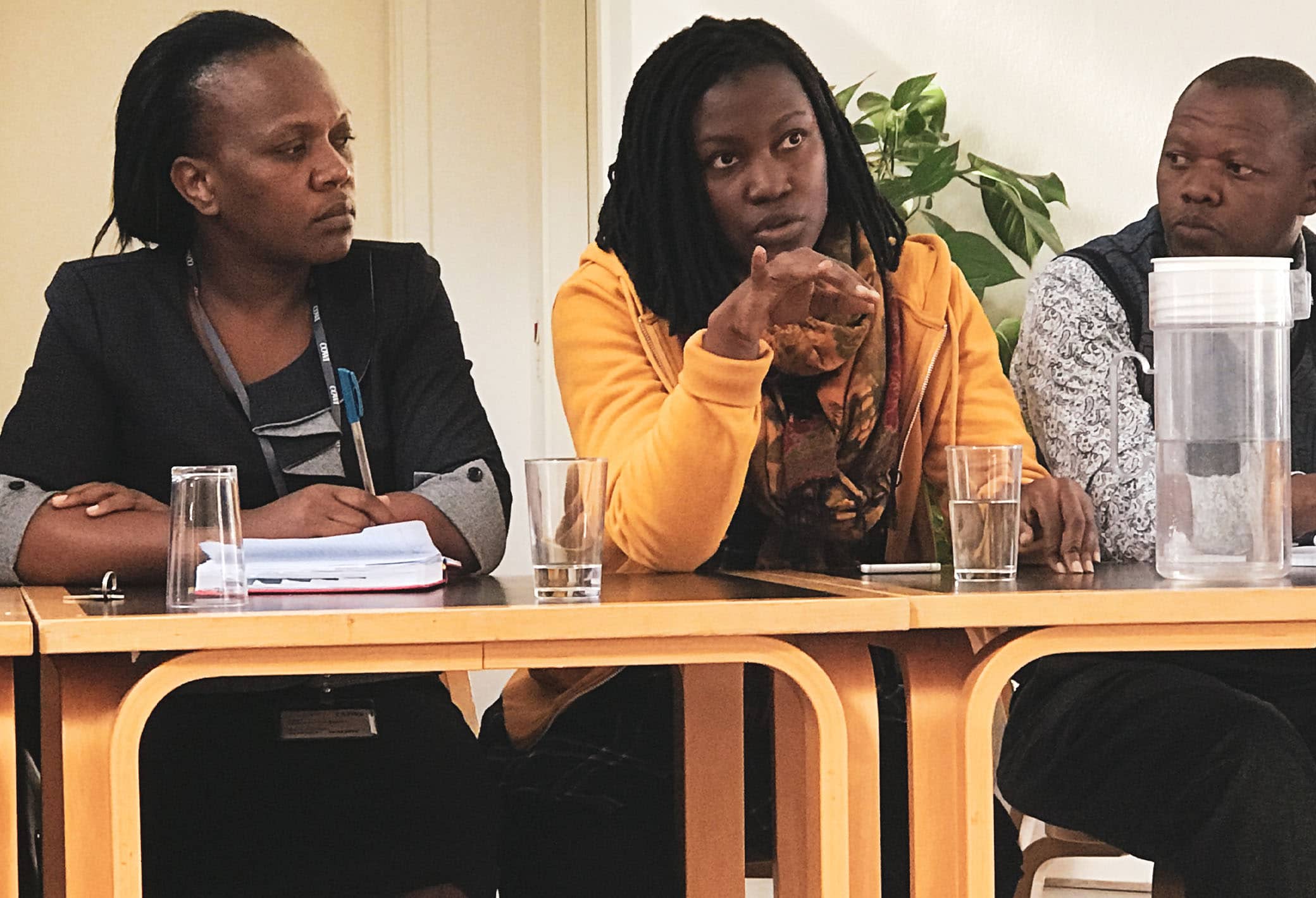Public private partnerships – and research
22-05-19

Danida Fellowship Centre promotes public-private-research partnerships and multi-stakeholder approaches to sustainable development. On 13 May a group of fellows from 11 countries in Africa, Asia and Latin America participating in a three-week Public-Private Partnership course and development researchers gathered at Danida Fellowship Centre for a late afternoon meeting to discuss the role of research in public-private partnerships.
More than 30 people attended the meeting. The meeting was held to exchange knowledge and experiences between fellows and researchers from Danish supported research projects. The meeting was characterized by the following discussions and statements:
· It is important that research is accessible and being used in public-private partnerships. It is in the interaction between sectors that new ideas, approaches and solutions develop that can lead to innovative thinking and new results.
· There is a need for more research on the topic “public-private partnerships” to dig deeper into the structures, dynamics and results of such relations.
· A multi-stakeholder approach to research collaboration has become more and more dominant, the inclusion and participation of the public and private sector in research collaboration are strongly encouraged in the research supported by the Danish MFA.
· It can be a challenge to communicate research to public and private sector actors, including making sure that research results is accessible to the users in an appropriate form. Interaction with civil society and media can be a good way to reach users.
· Evidence-based data from research can be a useful tool to improve mistrust between the public and private sector. Academia can thereby play a role as a broker between public and private institutions.
· The lack of capacity in many public institutions makes it difficult to absorb and use research-based data and results.
· Access to information and relevant data remains a challenge in many developing countries. An open data system now exists in Europe and would be very useful to have in developing and growth countries around the world.
Find more information concerning the Scholarship programme here.
Find more information concerning the research support here.
